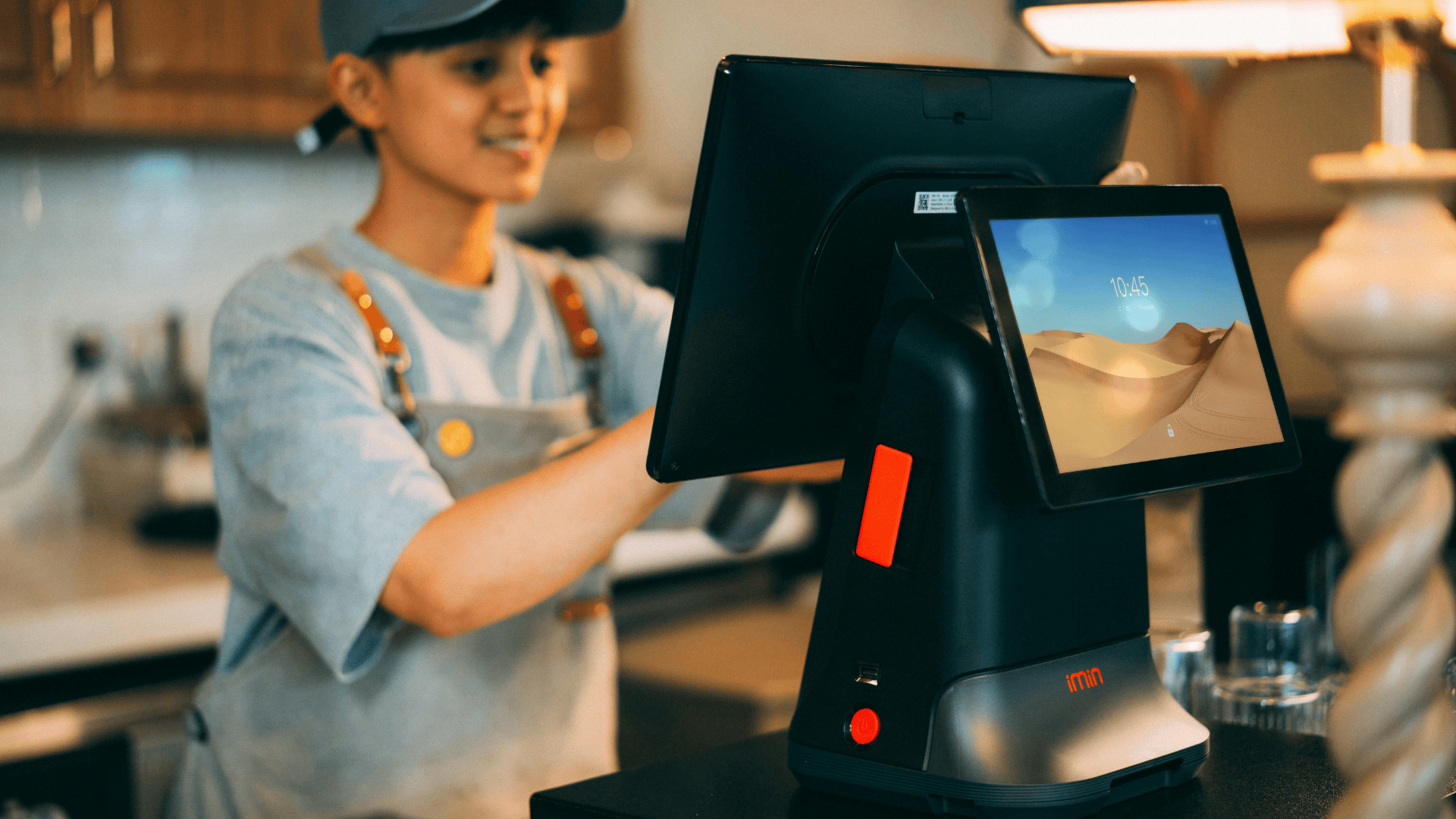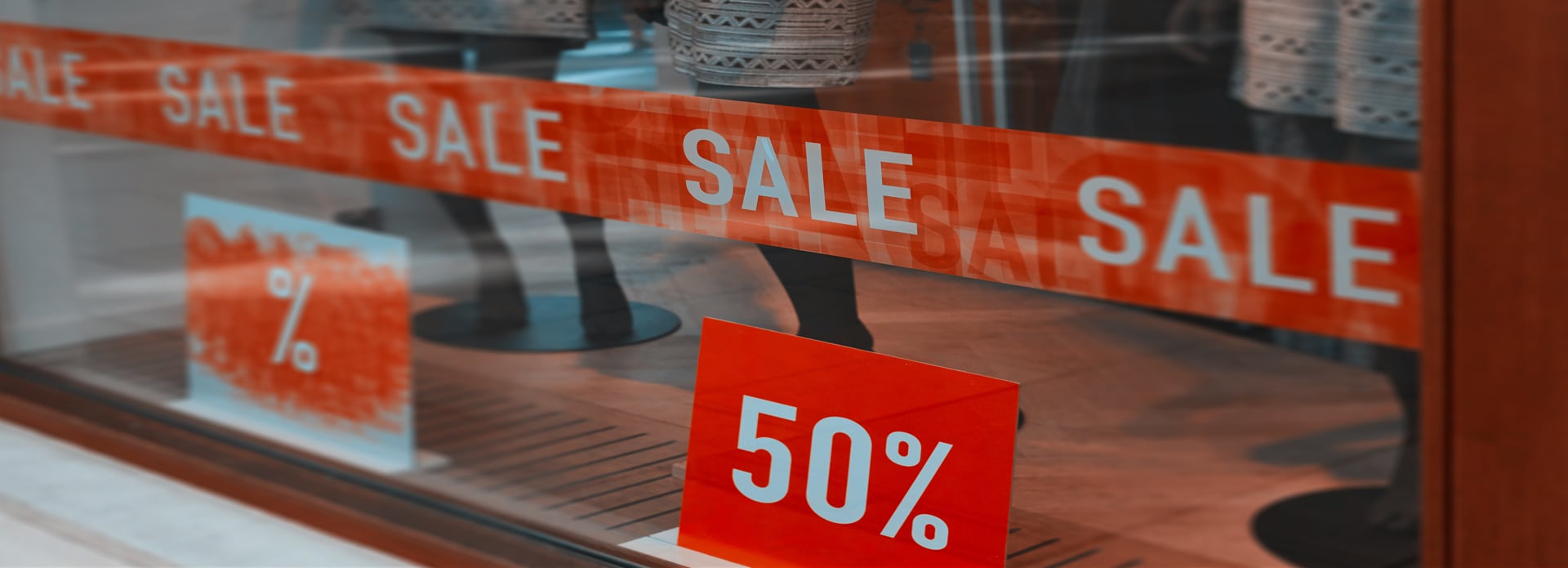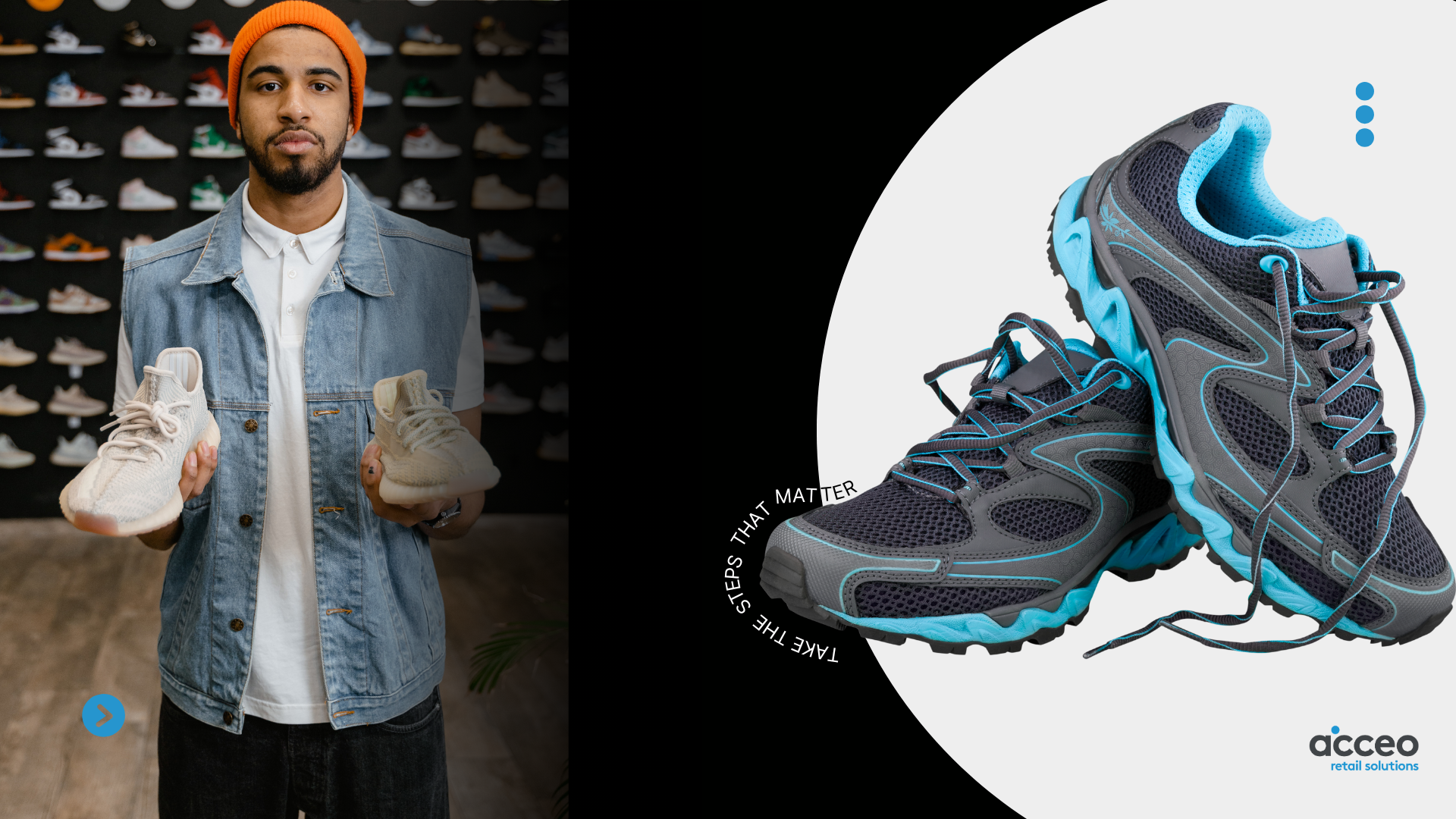COVID-19 Communication

We invite you to refer to this page over the next few weeks to keep informed of the impact of the COVID-19 situation on our business. We will make sure to update the page as quickly as possible.
Like you, we are closely following developments related to the Coronavirus (COVID-19), by taking various specific actions, and by implementing our business continuation plans based on needs.
Our greatest priority at this time is to see to the health and safety of our staff, our customers and our business partners. Given the increase in the number of COVID-19 cases in North America, and the persistent uncertainty on a global scale, we are taking additional measures to protect our employees, their family, our customers, our business partners and the communities that we live in.
We take our business relationship with you to heart, and our goal is to continue to provide you with quality service.
MAINTAIN SERVICES TO CUSTOMERS
We are aware that business must continue as normally as possible and that involves continuing to provide you with the level of service that you are entitled to expect. We have taken steps to ensure that we maintain the quality of work offered while respecting deadlines.
- We are currently able to provide our customers all our solutions and services without major interruption.
- We are following our business and technology continuity plans to ensure that we continue to meet the needs of our customers.
- We have reviewed our policies and procedures in order to implement appropriate security measures to protect your information and data, by providing instructions to all our employees on how to do things when working remotely.
- We are working with our third-party suppliers, if necessary, to coordinate the services that we offer our customers.
POLICY IN PLACE FOR OUR EMPLOYEES
In accordance with our current policy, everyone who can telework or who does not feel well are invited to work at home or rest until they are able to return to work. We have reinforced this policy and we now ask all our employees who show symptoms or who have been in contact with a person who is waiting for the results of medical tests to work from home and follow the recommendations of Health Canada, especially voluntary self-quarantine of people who have contracted the virus or who have come into contact with a person who has received a positive result or who is coming back from a trip.
- We have imposed restrictions on non-essential business travel, including any travel in regions affected by the epidemic.
- We have checked that we have a sufficient infrastructure and systems equipment to enable our employees to work remotely and we have begun discussions with our external suppliers to obtain additional resources if necessary.
Our relationship with you is important. The current situation is beyond anything that we have ever experienced. We invite you to stay in contact with us and contact us at 1 888-474-2001 if you think that we can help you in any way whatsoever. We will continue to keep you informed of any major changes to the above information.
Thank your trust and your understanding.
The ACCEO Retail-1 team
Related posts
Discover what makes us different.
Book your personalized demo today and find out why leading retailers are finding success with Retail-1.
Call us at 1 888-353-5888 or fill out the form to schedule a demo with our experts.
The Current State of Sustainability in Retail

Consumers today, especially key demographics like Gen Z and Millennials, are ever more environmentally conscious. They expect brands to take tangible measures to offer ethically sourced, manufactured, and packaged products.
How can retailers stay focused on the customers who make their business a success, and maintain profits while trying to find ways to address the challenges that sustainable operations present?
There is no doubt that retailers what to support their customers’ socially responsible expectations. The challenge is to find ways to balance the demands of an ever-evolving global retail market and the potential impact of their supply chain on the planet.
What retailers are doing right now
Retailers have, for the most part, have taken a global view on how they do business. The gap between in-store and online commerce is continually narrowing with consumer options like try-before-you-buy and BOPIS.
It’s time to adopt the same approach with inventory. Retailers are increasingly using global inventory management systems that consolidate online and in-store stock. This global inventory strategy offers more efficient tracking stock movement, improved ability to move stock between stores, and avoids overstocking.
The question of inventory takes on a sustainable dimension because socially conscious customers are quite vigilant about retailers and brands that maintain unsustainable amounts of inventory—which they then have to destroy to guard against counterfeiting or the secondary market.
By leveraging a global inventory management system, retailers can balance the balance consumer expectations of ethical sustainable practices while avoiding disappointing their customers with out-of-stock situations.
Supply chain link to the circular economy
We can’t talk about inventory without considering the supply chain. Consumer buying decisions are increasingly based on where products are sourced, how materials are harvested, and the way items are used, reused and recycled.
As such, the retail supply chain must focus on responsible procurement, sustainable sourcing. The retail commerce can also include more efforts in the area of reusing and recycling and repurposing through all the stages of the product’s life cycle.
Retailers can develop initiatives individually or collaboratively with other brands or organizations that allow consumers to participate in their environmentally responsible initiatives. These can take the form of with programs that encourage returning old or used products for repurposing, donation or redistribution to reduce what goes into landfills.
Corporate Social Responsibility (CSR)
In a retail environment driven by ever-changing customer demands, short-term trends, growing competition, and quarterly profits, taking the long view can be a challenge.
Corporate Social Responsibility initiatives can allow retailers to enact positive change while creating a purpose-driven brand for their business. Consumers, particularly customers in key demographics, identify with authentic and clearly defined efforts by retailers to reduce their environmental impact.
Connecting with consumers over shared ethical and environmental causes creates strong customer loyalty, which may result in increased sales. Additionally, CSR can potentially benefit brand recognition, product differentiation and business reputation.
Efforts across the board
Retail leaders are becoming increasingly aware that the sustainability reaches beyond industry trends and niche segments—it cuts across the board.
Businesses that operate in an environment where sustainability and social corporate responsibility are part of the culture, are more likely to maintain these initiatives over time, and build their customer following based on the authenticity of their efforts.
Supporting CSR – Learn how Retail-1 software supports retailers to achieve a more sustainable retail business.
Related posts
Discover what makes us different.
Book your personalized demo today and find out why leading retailers are finding success with Retail-1.
Call us at 1 888-353-5888 or fill out the form to schedule a demo with our experts.
How Sustainability in Retail Spurs Brand Loyalty

Retailers are starting to realize that sustainability is no longer a niche market. As a growing number of consumers—especially new generations like Millennials and Generation Z—show their preference for sustainable brands, you may have no choice but to adapt.
Benefits that go beyond sustainability
Conscious consumerism, however, is not necessarily bad for business. Far from being mutually exclusive, sustainability and profitability often go hand in hand.
A notable example of this changing mindset is the growing number of retail businesses that are joining the B Corp community, whose goal is to use profits and growth to generate a positive environmental and societal impact.
The trust factor
But even if you have the best intentions to “clean up your act,” don’t be surprised if consumers welcome your sustainability initiatives with some skepticism. After so many years of unsustainable practices in the retail industry, who could blame them?
Regaining their trust is no easy task. It takes transparency and authenticity. More importantly, it takes a willingness to completely change the way you manufacture, package, transport and stock your merchandise. In other words, you have to walk the talk.
Understanding what your consumers care about
Practicing sustainability in retail is no small undertaking. For that reason, it makes sense to start by gaining a better understanding of the causes your consumers really care about. Is it fashion waste? Sustainable packaging? Ethical sourcing?
You might even have that information already right at your fingertips if you’ve been gathering structured and unstructured data over the years. You just have to leverage modern retail technology to turn it into actionable insights.
Build a lasting emotional connection to drive loyalty
Naturally, when consumers feel good about your brand, they’re more likely to stay loyal to it. It all comes down to building an emotional connection.
Here again, retail technology can help you make relevant recommendations, which ultimately provide a personalized experience. And when that experience is consistent across channels, consumers have every reason to stay loyal to your brand.
Sustainability is not a passing trend. The question is: Will you be a leader or a follower? To learn more about how responsible retailing can help you strengthen consumer relations, download our white paper
Related posts
Discover what makes us different.
Book your personalized demo today and find out why leading retailers are finding success with Retail-1.
Call us at 1 888-353-5888 or fill out the form to schedule a demo with our experts.
The Future of Retail – Top Trends for 2020

To maintain the sales momentum of the Holiday surge, retailers continue to look for new ways to keep their businesses thriving into the future.
As e-commerce grows, brick and mortar stores will endure as a critical point of contact between customer and retailers. What will change in the near future, is how retail processes integrate with one another, in a shopping environment where customers are becoming more discerning.
We have been observing the evolution and confluence of new technology, responsible retailing, the customer experience, and more. And we have come up with a few insights as to how these elements will influence 2020 trends in the retail industry.
Corporate Social Responsibility (CSR)
The faster retailers can move their business model toward the circular economy, the better positioned their business will be.
Generation Z and Millennials are highly invested in initiatives that aim to reduce our carbon footprint. To attract and retain this key demographic now, responsible retailers are taking measures to decrease environmental impacts at every step of their operations from in-store waste reduction and upcycling, to a sustainable supply chain.
In the longer term, it will become increasingly evident to retailers of any size that implementing a sustainability strategy and a circular economy model, can create selling power for their brand.
The customer experience continues to rule
All the rhetoric about the end of the brick and mortar store is in the past. The future is about transforming the primary purpose of the store into an experiential customer space.
In 2020, the influence of digital commerce and advanced POS systems in store will become increasingly evident. Automated and real-time processes available in e-commerce platforms and advanced POS solutions have effectively streamlined logistics for both customer and retailers.
The future vision is that the store will evolve from being a simple showcase and point of purchase for products and brands, to more immersive experiential environments that complete the omnichannel experience.
Subscription e-commerce
Particularly appealing to younger urbanites and women, e-commerce subscriptions are becoming an increasingly common way to purchase services and products.
Retailers who are looking for new revenue streams now have options that go beyond meal kit delivery and streaming media. Subscription adopters can choose from an ever-increasing number of consumer products and services and leverage discounts, convenience, availability, and personalization.
Tie-in experiential events at the brick-and-mortal stores, such as in-store furniture assembly demonstration or product sampling are an effective way for retailers to differentiate their subscription offer. These in-store events create added value for e-commerce subscribers, while building customer loyalty and drawing in more traffic for the retailer.
Growth of social shopping
While social media marketing is not a new tool, new social marketing methods are expanding its reach.
Retailers should watch out for the rising influence of shoppable post through visual searches on social platforms like Pinterest and Instagram. Rather than redirecting users to an online store, shoppable posts let customers checkout directly within the platform they are using.
While still a relatively recent phenomenon, shoppable posts and stories have shown enough growth to get the attention of many e-commerce retailers. It’s not surprising that this seamless shopping experience will continue to gain traction in the coming year.
Customer service standards
Proactive retailers will see the advantages providing an agile, efficient and flexible shopping experience for their customers.
Customer service standards will increasingly expect retailers to provide omnichannel shopping platforms and flexible fulfilment options. Options like buy online pick up in-store (BOPIS), ship from store, fast deliveries and easy returns.
Also, customers in key demographics will still expect their retailer of choice to meet their availability and fast delivery expectations with socially responsible and sustainable solutions.
To appeal to customers who now commonly use multiple devices for their purchases, retailers must use POS solutions that meet the increasing demand for app-based and mobile payment methods such as Google Pay, Apple Pay, Android Pay, Afterpay and PayPal.
Perhaps the most exciting news about these forecasts is that leading POS solutions can support retailers today, in their effort to make their business successful into the future. How can we help?
Related posts
Discover what makes us different.
Book your personalized demo today and find out why leading retailers are finding success with Retail-1.
Call us at 1 888-353-5888 or fill out the form to schedule a demo with our experts.










